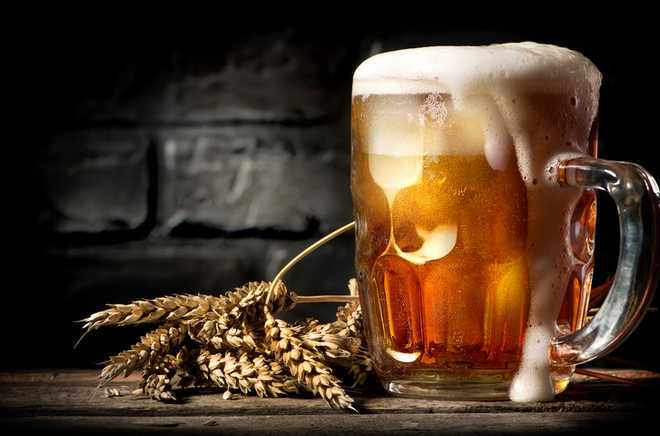Scientists recreate 5,000-year-old Egyptian Pharaoh''s beer
JERUSALEM
Scientists have recreated an ancient beer that was served during the reign of Egyptian Pharaohs over 5,000 years ago.
In ancient times, beer was an important ingredient in people's daily diet. Great powers were attributed to beer in the ancient world, particularly for religious worship and healing properties.
Researchers from Hebrew University of Jerusalem (HUJI) in Israel examined the colonies of yeast that formed and settled in the nano-pores of pottery used to produce beer.
They were able to resurrect this yeast to create a high-quality beer. Many cooks were invited to isolate the yeast specimens from the ancient debris and to create a beer with it.
They were given shards of pottery that had been used as beer and mead (honey wine) jugs in ancient times—and miraculously, still had yeast specimens stuck inside.
Researchers said that these jars date back to the reign of Egyptian Pharaoh Narmer (roughly 3000 BCE), to Aramean King Hazael (800 BCE) and to Prophet Nehemiah (400 BCE) who, according to the bible, governed Judea under Persian rule.
The researchers, with the help of HUJI student Tzemach Aouizerat, cleaned and sequenced the full genome of each yeast specimen.
They found that these 5,000-year yeast cultures are similar to those used in traditional African brews, such as the Ethiopian honey wine tej, and to modern beer yeast.
Local Israeli beer expert Itai Gutman helped the scientists make the beer. The brew was sampled and was deemed to be high-quality and safe for consumption.
"The greatest wonder here is that the yeast colonies survived within the vessel for thousands of years—just waiting to be excavated and grown," said Ronen Hazan, Hebrew University.
"This ancient yeast allowed us to create beer that lets us know what ancient Philistine and Egyptian beer tasted like. By the way, the beer isn't bad," Hazan said.
"Aside from the gimmick of drinking beer from the time of King Pharaoh, this research is extremely important to the field of experimental archaeology—a field that seeks to reconstruct the past," he said.
"Our research offers new tools to examine ancient methods, and enables us to taste the flavours of the past," he added.
"We are talking about a real breakthrough here. This is the first time we succeeded in producing ancient alcohol from ancient yeast. In other words, from the original substances from which alcohol was produced. This has never been done before," said Yitzchak Paz, from Israel Antiquities Authority. — PTI









